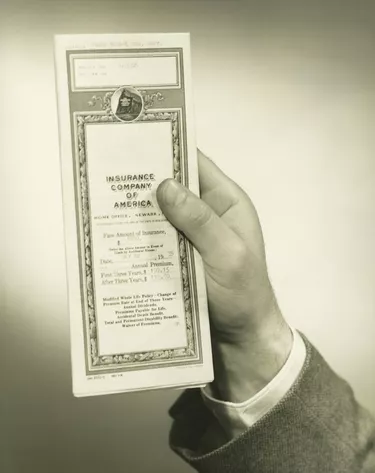
According to the American Cancer Society, 25 percent of all deaths in the United States are due to cancer, with only heart disease claiming more lives. However, the organization's statistics show that the 5-year survival rate increased to 68 percent for the years 1999 through 2005 compared to 50 percent for 1975 to 1977. Early detection and treatment is critical to surviving the disease, but such treatment is not inexpensive. To protect themselves against the potential financial hardship cancer can cause, some people choose to purchase cancer insurance. Whether or not the premiums are deductible for income tax purposes depends on the policy provisions and the method used to pay the premiums.
Acceptable Policy Provisions
Video of the Day
The policy should provide standard medical care. This includes hospital care, surgery, tests and prescriptions. Office visits, nursing care and necessary equipment may also be included. The policy should function in a similar manner to your basic healthcare policy.
Video of the Day
Excludable Policy Provisions
If the policy provides you with a set amount of cash for each month, week or day you are in the hospital or unable to work, the premiums are not deductible. If the policy includes insurance for your lost wages or death benefits, you cannot deduct the portion of the premium related to such provisions.
Payment of Premiums
You must pay the premiums with after tax dollars. If you pay the premiums from a plan, such as a health savings account, on which you did not pay tax on your contributions, you cannot deduct the premiums. If you participate in a health reimbursement arrangement, and your employer funds the program and issues the reimbursement, you cannot deduct the premiums.
Dependents
You can deduct premiums you pay for your own policy, your spouse's or qualifying child's policy or the premiums you pay for a dependent.
Limit
Your total deduction for medical expenses is the amount of qualified expenses that exceed 7.5 percent of your adjusted gross income. You can find your adjusted gross income on line 38 of the Form 1040.